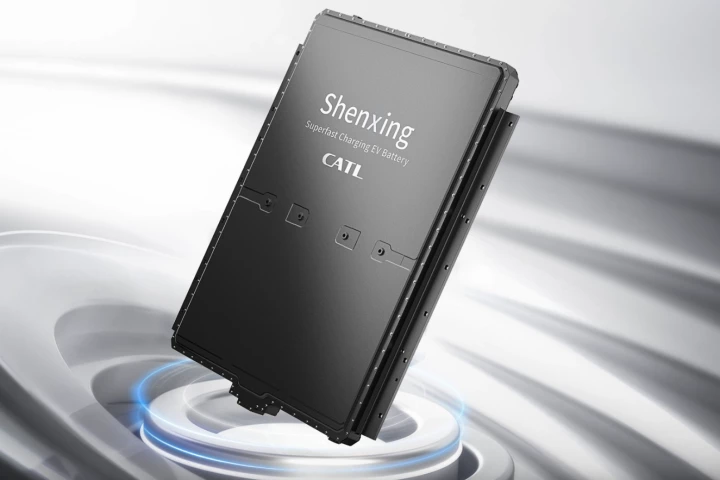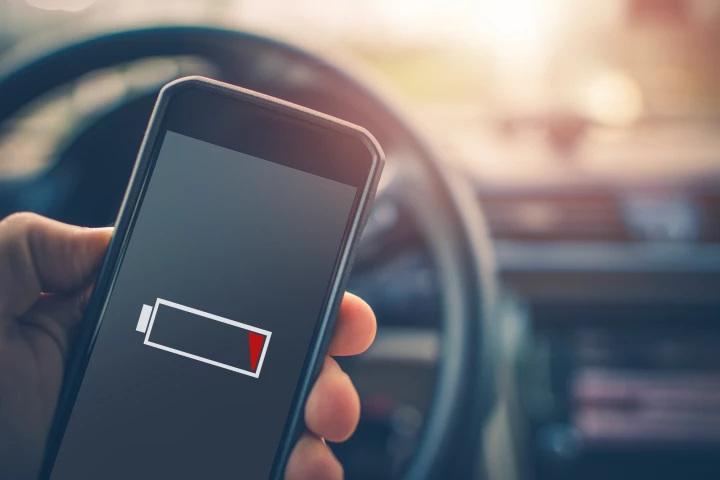Lithium-ion
-
A new method “recharges” battery waste material to release lithium. It eliminates the need for harsh chemicals and energy-intensive smelting, offering a valuable path for green energy transition.
-
While lithium extraction technologies generally focus on ways to get the essential metal out of the ground, there's another source to mine: existing batteries that no longer work. A new technique could now make that process economically viable.
-
In a potentially game-changing move for the EV industry, Stellantis and Zeta Energy Corp have teamed up to develop the next-generation EV battery with more range, more power, 50% faster charging, and at less than half the cost.
-
Lithium-ion batteries power everything from our vape pens to electric cars, but they have one glaring issue: they rely on lots of hard-to-harvest lithium. A new reactor from Rice University is set to make the whole process easier and safer.
-
China leads the world in solar power. And not just by a small margin either. It has over twice as much solar power as the next highest country, the USA. Where do you store any excess solar energy? Answer: in ridiculously big batteries.
-
Lithium is a finite resource, and the more we lock inside rechargeable batteries, the less we have to use. A new speedy method to free the element from such sources could be a game changer in terms of the material's availability.
-
With AI technology proliferating through every facet of our lives these days, Eatron Technologies and Syntiant have leveraged their collective expertise to create an AI-powered battery management system (BMS) to boost battery life.
-
Last August, CATL presented the Shenxing battery, an LFP pack capable of adding 400 km of range in 10 minutes. This year, the company has rolled the tech into the Shenxing Plus, which combines four-figure range and even faster charging rates.
-
High-density lithium batteries hold vast amounts of energy – and when they drop their guts, they can do so in absolutely spectacular destructive fashion. So researchers have built fire extinguishing capabilities right into the cells themselves.
-
It never fails … you go to use a device that should be fully charged, but its battery has gone flat over time. Such may soon no longer be the case, however, if battery manufacturers simply start using a different type of adhesive tape.
-
Although lithium can be found in hard mineral ores, it's more often extracted from very salty (aka briny) groundwater. The latter task could soon be much quicker and eco-friendlier, thanks to a new string-based extraction technique.
-
Scientists at Stanford University have cooked up a new electrolyte recipe that tackles battery flammability in a highly promising way, leaning on extra salt content to circumvent problematic chemical reactions.
Load More











